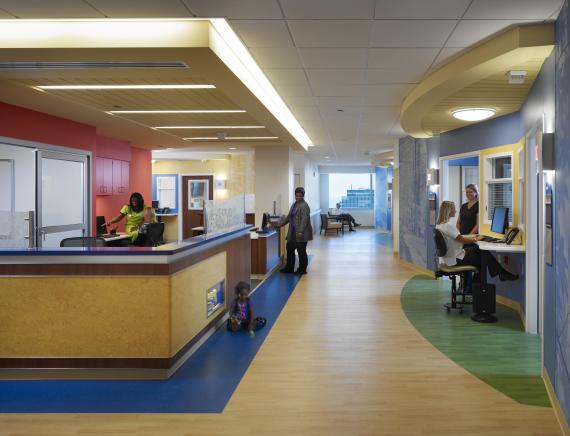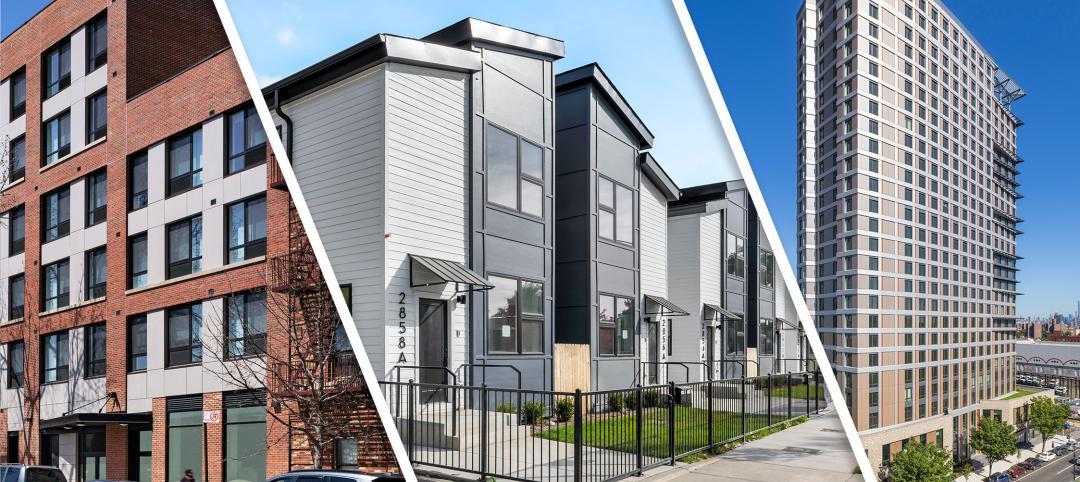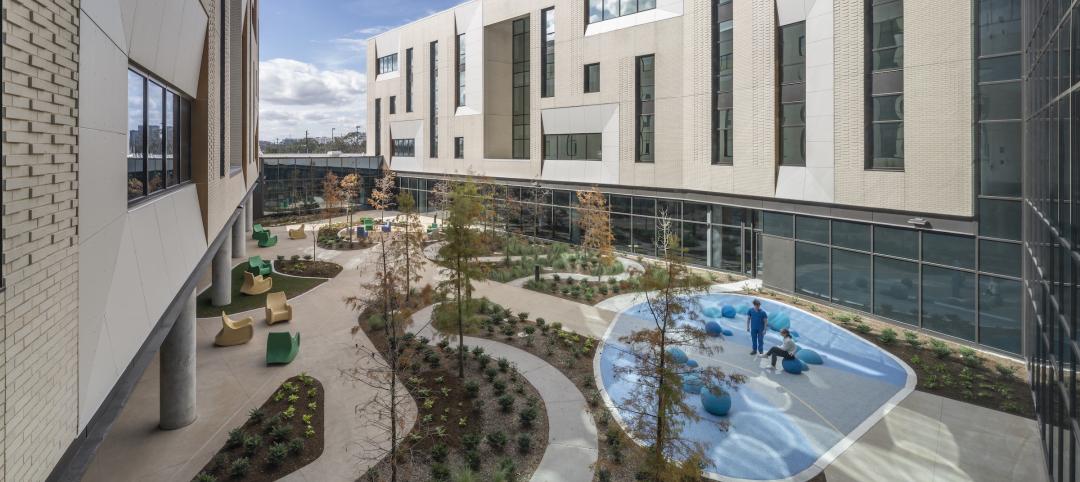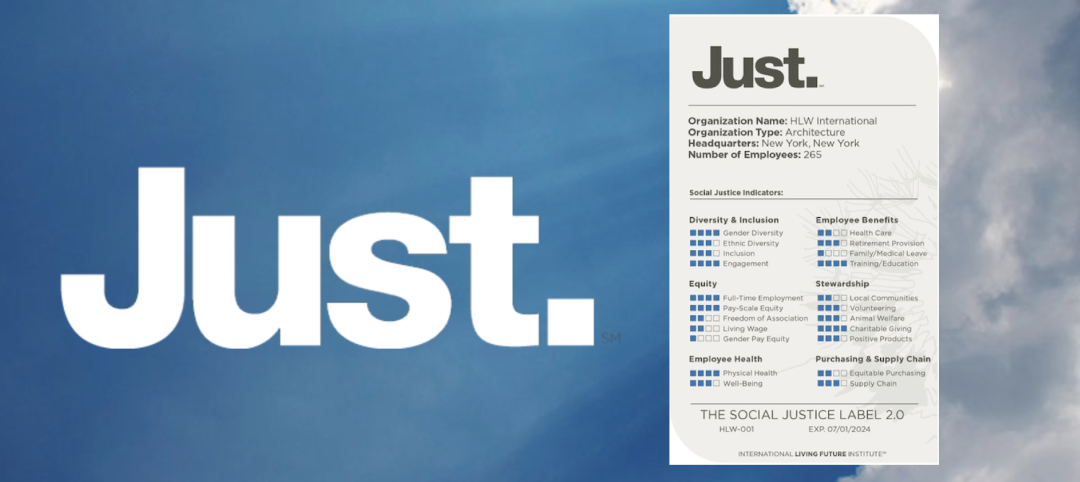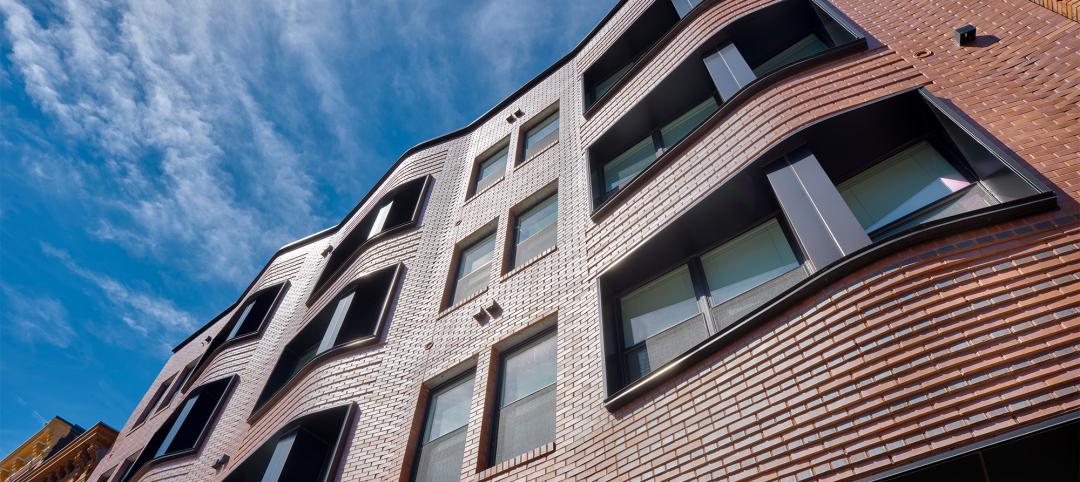Nine out of 10 healthcare providers say the Affordable Care Act (ACA) will be a “step forward” in addressing long-term health issues in the United States once it is fully established, and 83 percent say it is good for Americans, according to a survey of more than 190 healthcare leaders by Mortenson Construction.
The providers did not make an unqualified endorsement of the ACA, however. A full 86 percent say the ACA needs major changes or revisions.
Providers are excited about opportunities to improve while worried about the transition under way. Nearly four out of five, or 79 percent, say health reform is creating significant uncertainty for their organizations and the healthcare industry.
Tellingly, 74 percent predict it will challenge their organization’s financial condition with 72 percent saying it already has.
Other insights:
• Overall optimism about the future of U.S. healthcare among healthcare providers dropped from 85 percent optimistic in 2012 to 60 percent optimistic in 2013
• Four out of five say the ACA will successfully shift reimbursements to pay for the quality of outcomes
• 71 percent say it will improve quality and outcomes, and 65 percent say it will lower the cost of care
• 95 percent of healthcare providers believe specialized facilities, such as MRI centers, cancer centers and urgent care centers will grow in prominence in the next three years
“The healthcare market is in the process of adapting to a new normal,” said Bob Nartonis, Senior Vice President and National Healthcare Market Leader at Mortenson. “Many institutions are rethinking their basic assumptions regarding how they should operate going forward, understanding that there are new rewards for those who can successfully adapt and unwanted consequences for those who cannot.”
To understand the impact of the Affordable Care Act on healthcare providers and their facilities, Mortenson spoke to healthcare professionals at the Healthcare Design Conference in November to better understand these issues and the impact on design and construction trends. More than 190 professionals provided feedback, including healthcare administrators and facilities leaders, architects, and academics.
The new models for healthcare delivery and payment are requiring new approaches to healthcare facilities. With the pressing need to become more efficient and cut costs, they are emphasizing more flexibility in facility design and layouts that make it easier for patients to find their way around and for multi-disciplinary teams to work together. They also are relying more heavily on innovative technologies and project delivery methods to streamline construction to improve success.
Mortenson is one of the leading healthcare contractors in the U.S. and has completed more than 18.5 million square feet of healthcare construction and renovations nationwide in the past 10 years.
Download a free copy of the 2014 Mortenson Construction Healthcare Industry Study.
Related Stories
Multifamily Housing | Mar 14, 2023
Multifamily housing rent rates remain flat in February 2023
Multifamily housing asking rents remained the same for a second straight month in February 2023, at a national average rate of $1,702, according to the new National Multifamily Report from Yardi Matrix. As the economy continues to adjust in the post-pandemic period, year-over-year growth continued its ongoing decline.
Affordable Housing | Mar 14, 2023
3 affordable housing projects that overcame building obstacles
These three developments faced certain obstacles during their building processes—from surrounding noise suppression to construction methodology.
Healthcare Facilities | Mar 13, 2023
Next-gen behavioral health facilities use design innovation as part of the treatment
An exponential increase in mental illness incidences triggers new behavioral health facilities whose design is part of the treatment.
Student Housing | Mar 13, 2023
University of Oklahoma, Missouri S&T add storm-safe spaces in student housing buildings for tornado protection
More universities are incorporating reinforced rooms in student housing designs to provide an extra layer of protection for students. Storm shelters have been included in recent KWK Architects-designed university projects in the Great Plains where there is a high incidence of tornadoes. Projects include Headington and Dunham Residential Colleges at the University of Oklahoma and the University Commons residential complex at Missouri S&T.
Mixed-Use | Mar 11, 2023
Austin mixed-use development will provide two million sf of office, retail, and residential space
In Austin, Texas, the seven-building East Riverside Gateway complex will provide a mixed-use community next to the city’s planned Blue Line light rail, which will connect the Austin Bergstrom International Airport with downtown Austin. Planned and designed by Steinberg Hart, the development will include over 2 million sf of office, retail, and residential space, as well as amenities, such as a large park, that are intended to draw tech workers and young families.
Performing Arts Centers | Mar 9, 2023
Two performing arts centers expand New York’s cultural cachet
A performing arts center under construction and the adaptive reuse for another center emphasize flexibility.
Architects | Mar 9, 2023
HLW achieves Just 2.0 label for equity and social justice
Global architecture, design, and planning firm HLW has achieved The International Living Future Institute’s (ILFI) Just 2.0 Label. The label was developed for organizations to evaluate themselves through a social justice and equity lens.
Architects | Mar 9, 2023
A. Eugene (Gene) Kohn, Co-Founder of Kohn Pedersen Fox, dies at 92
A. Eugene (Gene) Kohn, FAIA RIBA JIA, Co-founder of international architecture firm Kohn Pedersen Fox, died today of cancer. He was 92.
Affordable Housing | Mar 8, 2023
7 affordable housing developments built near historic districts, community ties
While some new multifamily developments strive for modernity, others choose to retain historic aesthetics.
Architects | Mar 8, 2023
Is Zoom zapping your zip? Here are two strategies to help creative teams do their best work
Collaborating virtually requires a person to filter out the periphery of their field of vision and focus on the glow of the screen. Zoom fatigue is a well-documented result of our over-reliance on one method of communication to work. We need time for focus work but working in isolation limits creative outcomes and innovations that come from in-person collaboration, write GBBN's Eric Puryear, AIA, and Mandy Woltjer.


